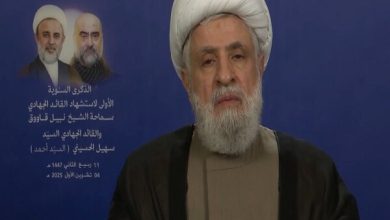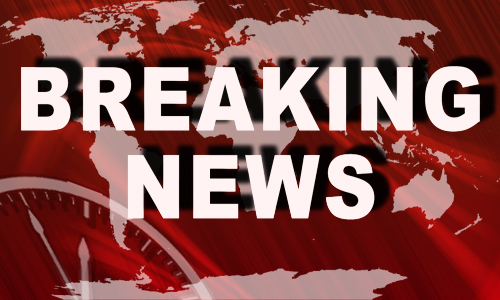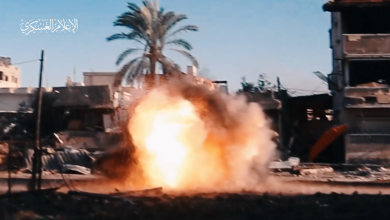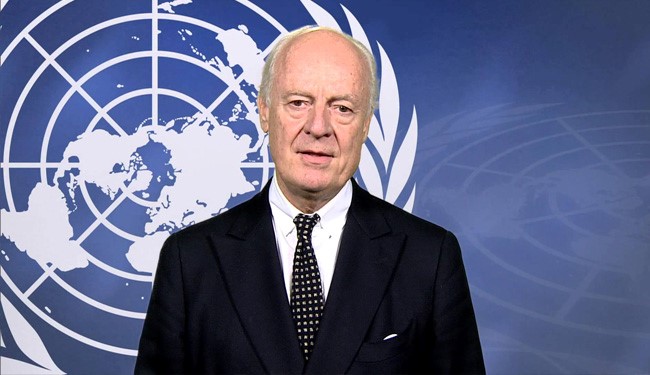Syria no-fly zone beneficial to Takfiri militants: President Rouhani
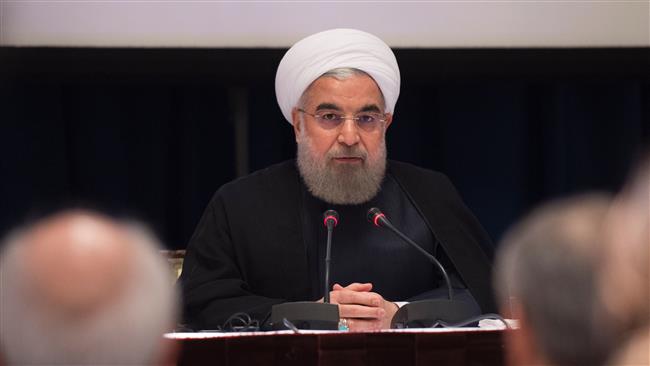

Iranian President Hassan Rouhani has ruled out the establishment of a no-fly zone in Syria, stressing that such a measure would merely complicate the ongoing crisis in the Arab country and strengthen foreign-sponsored Takfiri militants on the ground.
“A no-fly zone (in Syria) will benefit terrorists, who have everything expect for military aircraft,” Rouhani said during a presser after his speech at the 71st United Nations General Assembly session in New York on Thursday.
“They have mortar shells, tanks, missiles and armored personnel carriers. They have cannons and artillery batteries but no warplanes. The creation of a no-fly zone is not a right step. This is an ill-advised suggestion,” the Iranian president added.
On Wednesday, US Secretary of State John Kerry demanded that Russia and the Syrian government halt anti-terror flights over the Syrian battle zones in order to “restore credibility” to the efforts aimed at resolving the Arab country’s years-long crisis.
The Iranian president noted that humanitarian disasters are unfolding in Syria as a portion of the country’s soil is under the control of terrorist groups like Daesh and Jabhat Fateh al-Sham, Syria’s al-Qaeda branch formerly known as al-Nusra Front).
“They kill people. They burn victims alive. The crimes we witness are unprecedented in history,” the Iranian president said.
The Iranian president further made a reference to the plight of millions of Syrians, who have been internally displaced and have not received the necessary foodstuff and medicine for months due to the foreign-backed militancy in their homeland.
He also listed the delivery of humanitarian aid, the fight against terrorism, the participation of various political groups and factions in the future Syrian government through a popular vote as the main requirements for real democracy to flourish in the crisis-hit Arab country.
‘Terrorism contagious virus’
Elsewhere in his remarks, the Iranian president highlighted the significance of combating terrorism and extremism in the Middle East, which he described as “plagued by instability and insecurity” that has “spread to other parts of the world too.”
“It has plagued Europe, Africa, Asia, and America. The terrorism virus is contagious,” Rouhani stated, adding, “The issue of terrorism must be tackled with unity and collaboration, and failure to do so will endanger all of us.”
Iran’s nuclear agreement
Broaching the subject of the landmark nuclear deal between Iran and the six world powers, President Rouhani criticized the US government for the belated license to allow the sale of commercial airliners to Iran, stating that the green light must have been given right after the implementation of the agreement, dubbed the Joint Comprehensive Plan of Action (JCPOA), on January 16.
Iran has had numerous negotiations with leading aerospace companies Boeing and Airbus before and after the implementation of the nuclear agreement, he added.
Rouhani stated that Tehran welcomes American traders, technicians, business owners plus company representatives, and is determined to expand banking ties with world countries.
The Iranian president further noted that the Islamic Republic expects the United States to stand firmly committed to its obligations under the JCPOA.
He stressed that the JCPOA is in the interest of the region and the world, and its significance remains intact even if the other side does not honor its commitments under the nuclear accord.
‘Iranian Armed Forces not seeking adventurism’
Rouhani stressed that the Iranian Armed Forces have long been present in the Persian Gulf, and they are duty-bound to defend the country’s territory and airspace, and to secure its interests in the high seas.
He pointed out that the Iranian forces are not seeking adventurism, military confrontations or the escalation of tensions, questioning the presence of US forces in the Persian Gulf when Washington is not militarily involved in a war in the Middle East.
The Iranian president added that the American forces in the region must obey international regulations, highlighting that tensions would not benefit anyone at the current tense situation in the Middle East.
Saudi ‘miscalculation’ in Yemen
“Saudi Arabia is making a miscalculation” over its aggression against Yemen. “About two years of bombardment of Yemen has had no achievement for them, and has been devastating for the people of Yemen,” the Iranian president said.
Hundreds of thousands of Yemeni women and children are being slaughtered on a daily basis, while the country’s entire infrastructure has been destroyed, he added.
The Iranian president further noted that Saudi Arabia does not have unlimited authority over the holy sites in Mecca and Medina, and that the Riyadh regime must discharge its responsibility regarding the annual Hajj rituals.
‘Not important who wins US election’
Rouhani went on to say that it does not concern Iran who wins the forthcoming presidential election in the United States, stressing that the Islamic Republic attaches great significance to “its own national interests.”
“The next US administration will receive a proper response from Iran should it respect the Islamic Republic’s national interests and reduce tensions. But if it seeks to heighten tensions, new conditions will be created for the two countries,” the Iranian president added.
